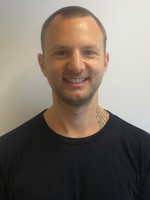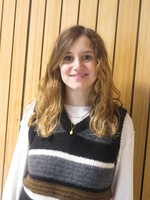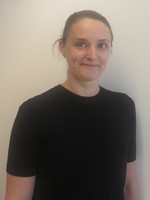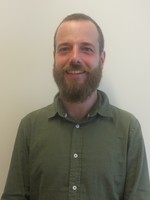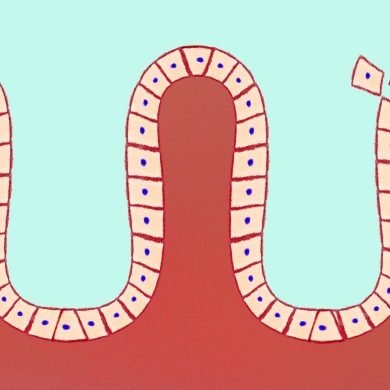
Group leader: Prof. dr. ir. Sander J. Tans
Research activities
At the molecular level, we use optical tweezers and single-molecule fluorescence to study how chaperones fold amino-acid chains into functional proteins, and more recently to probe the role of ribosomes and translation.
At the cellular level, we use time-lapse microscopy and image analysis to understand how multi-cellular systems self-organise, with a specific recent interest in organoids.
The group is based at the AMOLF institute in Amsterdam, and is part of the Living Matter initiative. It is headed by Sander Tans, who is also affiliated with Delft University of Technology, and the Kavli institute of Nanoscience.
If you are interested in joining our team, send us an e-mail to s.tans@amolf.nl


